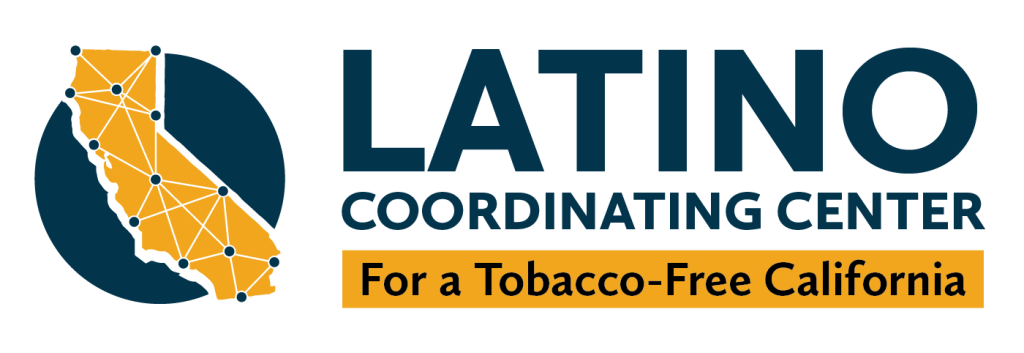RISE – Statewide Rural Coordinating Center
Who We Are
RISE supports rural tobacco projects by leveraging resources, providing leadership training and opportunities, and offering educational materials specially designed to assist rural communities.
Rural communities are full of hardworking people who value strength and independence. Tobacco companies understand this, so they package and advertise their deadly products to play to values of self-reliance and resiliency with images such as cowboys, hunters and race car drivers.
Big Tobacco takes advantage of weaker tobacco licensing laws in rural communities–aggressively marketing cigarettes and smokeless tobacco products, like chew.

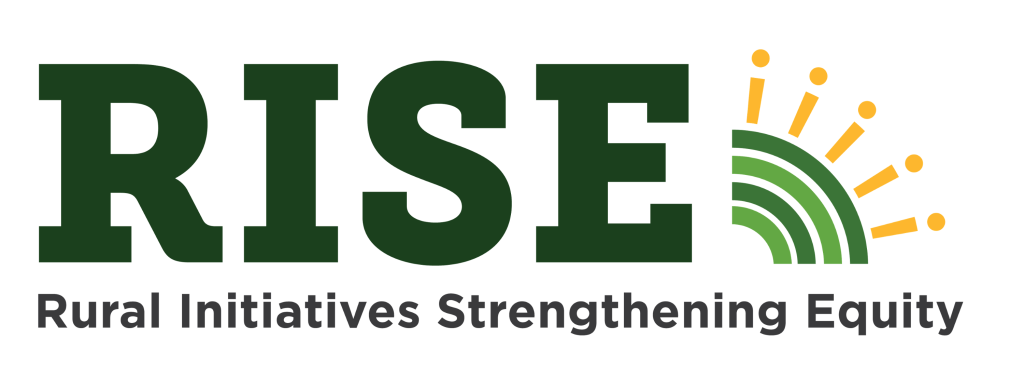
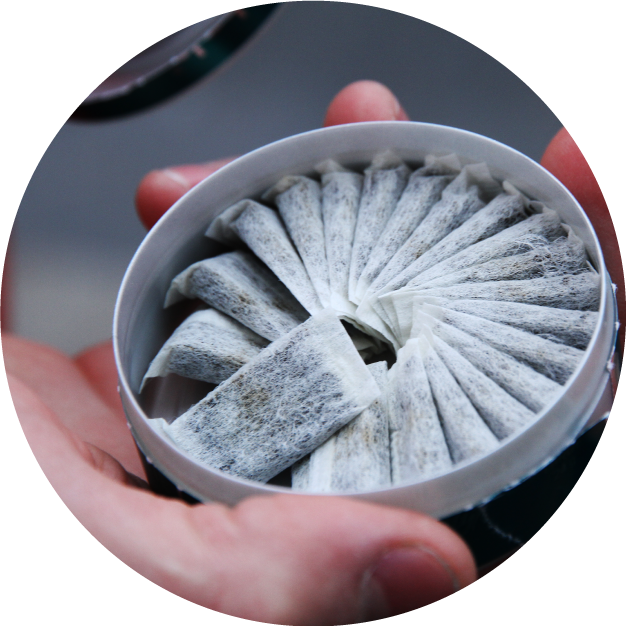
GOALS
(1) Create and disseminate a Rural Communities Policy Platform to policymakers, community champions, and key stakeholders
(2) Develop new tobacco control leaders from among California’s rural
communities
(3) Build capacity within rural communities to engage in tobacco control policy advocacy through a series of Tobacco Control Learning Institutes
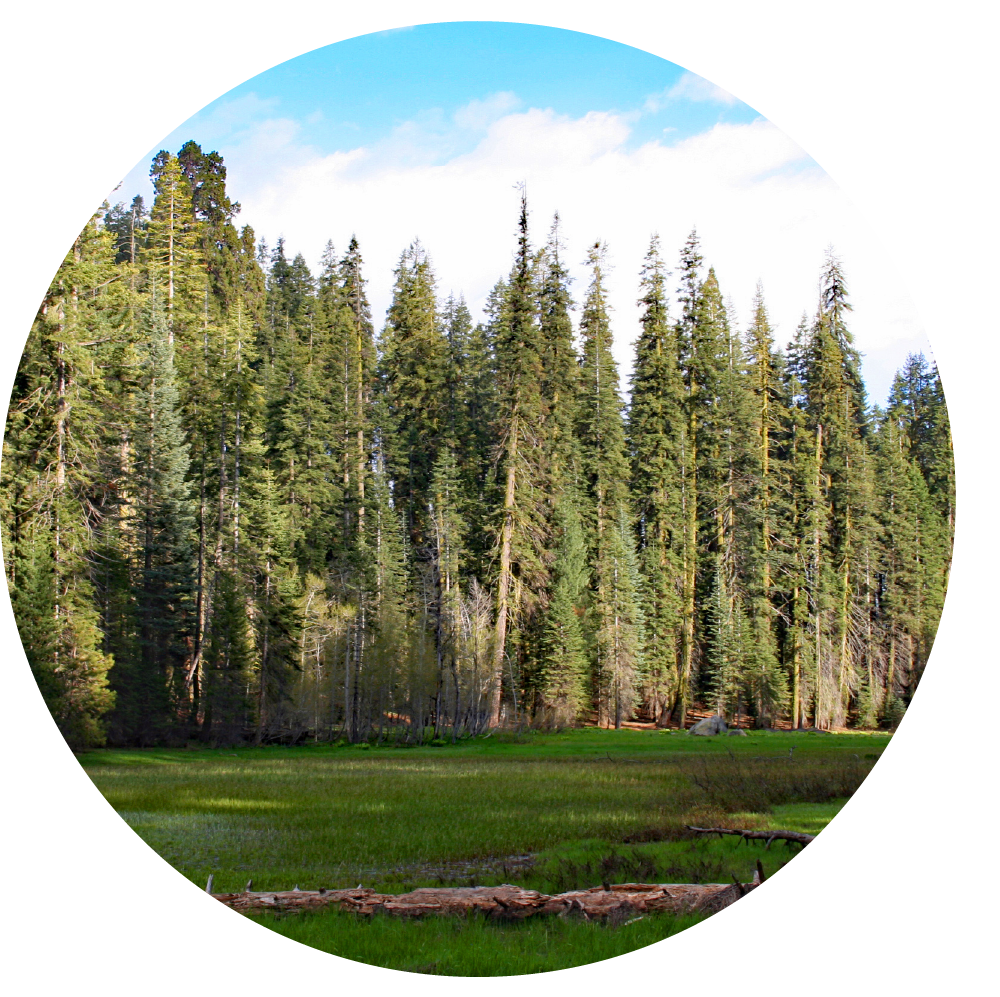
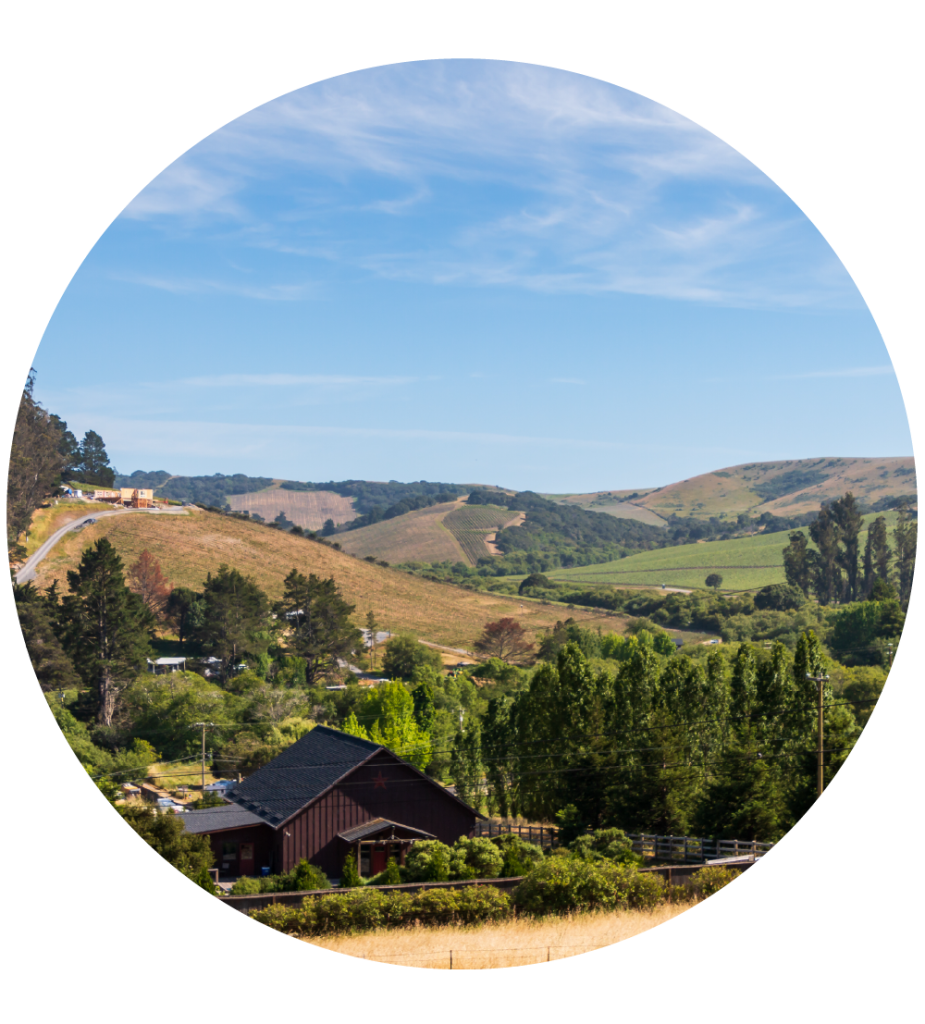


RISE’s Policy Platform on Reducing the Impact of Tobacco on Rural Communities
RISE’s Statement on White Privilege, Social Justice and Equity in Rural California
About Us
About Us

RISE supports rural tobacco projects by leveraging resources, providing leadership training and opportunities, and offering educational materials specially designed to assist rural communities. The project works to: (1) create and disseminate a Policy Platform to community champions and key stakeholders through regional and statewide meetings and policy summits; (2) support and train tobacco control leaders from rural communities with its statewide Rural Advisory Committee and its rural leadership development program; and (3) build capacity within rural communities to engage in tobacco control policy advocacy by organizing learning institutes with non-traditional partners such as law enforcement, tribal stakeholders, and environmental groups.
Rural = Resilience
There is much to appreciate about living in rural California: a focus on family and community, small town values, and wide-open spaces. Living and working in rural areas also has some challenges: large geographic areas that are sparsely populated, limited opportunities for education, fewer living wage jobs, and far-flung social, behavioral and medical services.

Learn More
Rural Regional Projects
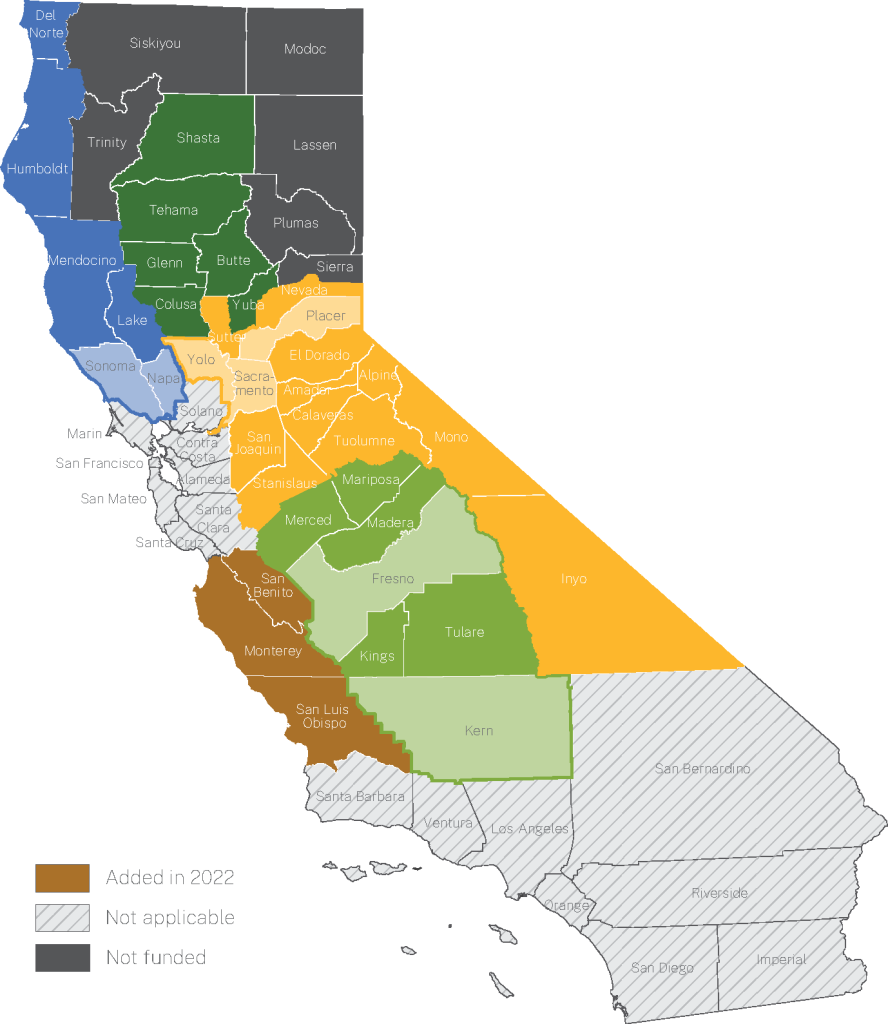
* County Local Lead Agencies (LLAs) had to self-identify as “Rural” on the 2014-2017 LLA plans to be included.
**Regions were identified as “Rural” if the rural population is 25% or more of the regional population.
• Gold Country
Alpine, Amador, Calaveras, El Dorado, Inyo, Mono, Nevada, San Joaquin, Stanislaus, Sutter, Tuolumne
Excludes: Placer, Sacramento, Yolo
Contact
Katie Moose
STAAND Against Big Tobacco
California Health Collaborative
kmoose@healthcollaborative.org
• North Coast
Del Norte, Humboldt, Lake, Mendocino
Excludes: Napa, Sonoma
Contact
Jay McCubbrey
Tobacco-Free North Coast
info@tobaccofreenorthcoast.org
• North Valley
Butte, Colusa, Glenn, Shasta, Tehama, Yuba
Contact
Rexanne Greenstreet
Health Promotions Senior Manager
American Lung Association
Rexanne.greenstreet@lung.org
• Central Valley
Kings, Madera, Mariposa, Merced, Tulare
Excludes: Fresno, Kern
Contact
Dulce Velazquez
Senior Tobacco Control Manager
American Cancer Society
dulce.velazquez@cancer.org
Our Staff
Shelly Brantley
Project Director
Shelly Brantley is Project Director of RISE (Rural Initiatives Strengthening Equity), the Statewide Rural Coordinating Center, a program of the California Health Collaborative. Shelly has worked in tobacco control programs throughout rural Northern California since 1990, primarily as project director for the American Lung Association’s regional and competitive grant programs. Shelly has been an active member of numerous coalitions which saw some of the earliest secondhand smoke protections passed in local communities prior to state laws being passed.
On behalf of the California Tobacco Control Program, Shelly served as a consultant on tobacco industry retail strategies for the Washington State Center for Health Training – Seattle and Yakima; Ohio Department of Health – Bureau of Health Promotion & Risk Reduction, and Montana Governor’s Advisory Council on Tobacco Use Prevention.
Shelly received Bachelor and Master of Public Administration degrees from California State University, Chico.
Lee Goldstein
RISE Project Coordinator
Lee Goldstein, ACSW is a Project Coordinator for RISE. She is passionate about creating change through community engagement and policy work. Previously, her work was focused on the LGBTQ community, sex and consent education as well as supporting survivors of gender-based violence. Lee is no stranger to public health and community wellness and loves this work and getting to support the health and wellness of the rural California communities.
Lee received her B.A. in Critical Race, Gender and Sexuality Studies from Cal Poly Humboldt and her Master of Social Work from the University of Washington.
Stephanie Porrazzo
North Coast Regional Coordinator
Stephanie Porrazzo has been involved in public service for over 10 years but is new to the world of tobacco control. Much of her experience has come from working in public assistance programs and the COVID response with Shasta County Health and Human Services. Most of her life has been spent in Northern California, growing up in the Sacramento area. She is passionate about working with underserved communities and populations for health equity.
Stephanie eared a Bachelor of Science degree in Business Administration from Chico State University and a Master of Arts degree in Public Administration from National University.
Advisory Committee
Interested in becoming a member of our Advisory Committee? Check out our recruitment card and orientation packet for more information.
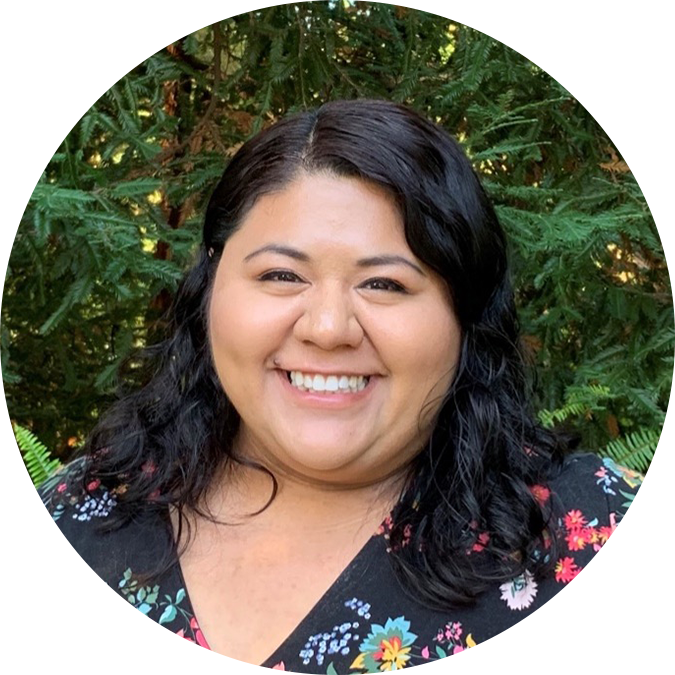
Beatriz Baez
Central Valley Region
Beatriz (she/her/hers) was born and raised in Madera just an hour south of the Yosemite National Park entrance. Beatriz enjoyed growing up in a diverse, agricultural community despite the scorching hot summers. She attended the University of California, Santa Cruz (UCSC) for her Bachelor’s degree and Fresno State for her Master’s degree. After graduate school, she worked at universities on the Central Coast as a Residential Education Coordinator and Community Director. Beatriz is now part of Equality California’s OUT Against Big Tobacco Central Valley program and is based in Madera. Beatriz enjoys reading, crafting, Netflix, and hanging out with her cats.
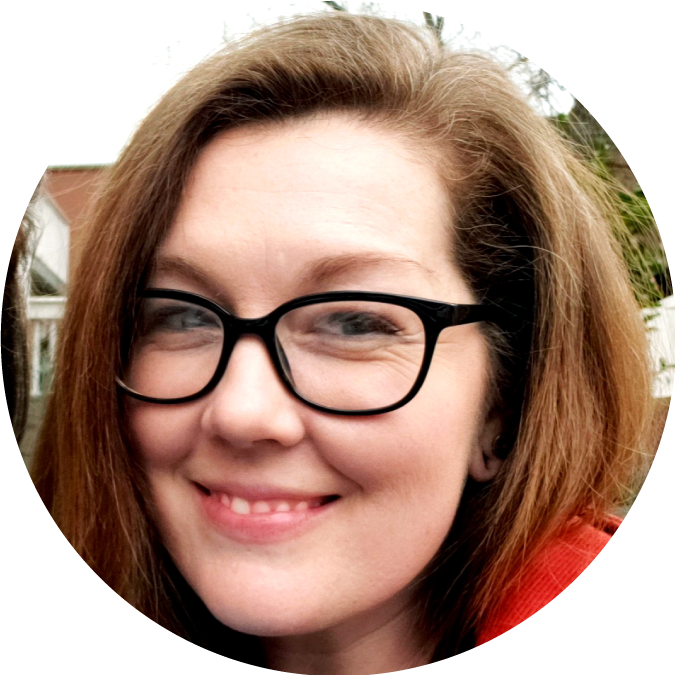
Marissa Maxey
North Valley Region
Marissa lived much of her adult life in the small mountain community of Mariposa California. If you have ever visited Yosemite, chances are you have stopped to refuel or buy snacks there. Marissa moved to Butte County to continue her education at California State University, Chico. Currently, Marissa is the Project Director for LEAD (Leadership In Equity Action and Development), a project of the California Health Collaborative. LEAD’s goal is to improve the health and wellbeing of North Valley residents through youth leadership development, tobacco retail policies, and collaboration with local planning departments. Prior to directing LEAD, Marissa worked with the American Lung Association in tobacco control, and on a grant to educate rural health care providers on wildfire safety issues. Her interest in both tobacco work and wildfire safety, stems from the same place, a desire to uplift rural communities. Her unique experience helps span the gap between tobacco control projects and the rural population they hope to serve.

Dyane Osorio
Gold Country and North Valley Region
Dyane Osorio is the Sierra Club northern California’s Mother Lode Chapter Director. Like most Americans she comes from a vibrant immigrant story. Born in Southern California her family moved to South America when she was four years old and returned to California to attend college at CSU Northridge, where she received her B.A. in Political Science and dual Minors in Economics and History. In 2010, she moved to Sacramento and co-founded the higher-education nonprofit, Dream. Develop. Do., that fundraised scholarships for marginalized students and helped organize the largest annual university fair and FAFSA/Dream Act applications bilingual assistance event.
Her professional experience includes, serving as Press Secretary for Assemblywoman Mariko Yamada and being a certified expert translator. Prior to these positions she was also a Policy Consultant for Jim Gonzalez & Associates, where she prepared reports on environmental justice, higher education, elections, and voter participation. In her current role at the Sierra Club, Dyane and her team have taken part in numerous waterways and green spaces clean-ups, where tobacco butts are the most common litter found. Dyane looks forward to continuing tobacco waste work in the 22, mostly rural counties, that her chapter serves.
In her spare time, Dyana loves to hike, bike, and travel. Her hiking adventures include summiting Mt. Whitney, and many mountains in Ecuador and Chile.

Tashelle Wright
Central Valley Region
Tashelle Wright is a PhD candidate in Public Health at the University of California, Merced. She is currently a TRDRP Predoctoral Fellow working on her dissertation, which focuses on oral health and tobacco use disparities among underserved populations (e.g., older adults, Blacks, Hmong, Latinx, and immigrants) in California’s rural Central Valley. Tashelle is the Media Subcommittee Chair of the Merced County ACCT Coalition (A Community Counteracting Tobacco).
Tashelle was introduced to the world of tobacco control in 2014 when she was working on her Bachelor’s in Public Health and working at the Utah Department of Health. She worked on several projects including a project educating tobacco retailers and a separate collaborative project to establish a sustainable African/African American/Black Health Taskforce.
Since moving to Merced, Tashelle has been interested in and involved with rural health issues including aging and caregiver health, tobacco and alcohol use, oral health disparities, and homelessness in the Central Valley. This interest stemmed from her growing up in a semi-rural environment and wanting to make a difference in the lives of rural communities. As tobacco-related disparities have a great impact on rural communities, her goal as a RISE Advisory Committee member is to continue advocating for tobacco control policies and conducting research that is culturally-relevant and community-based.
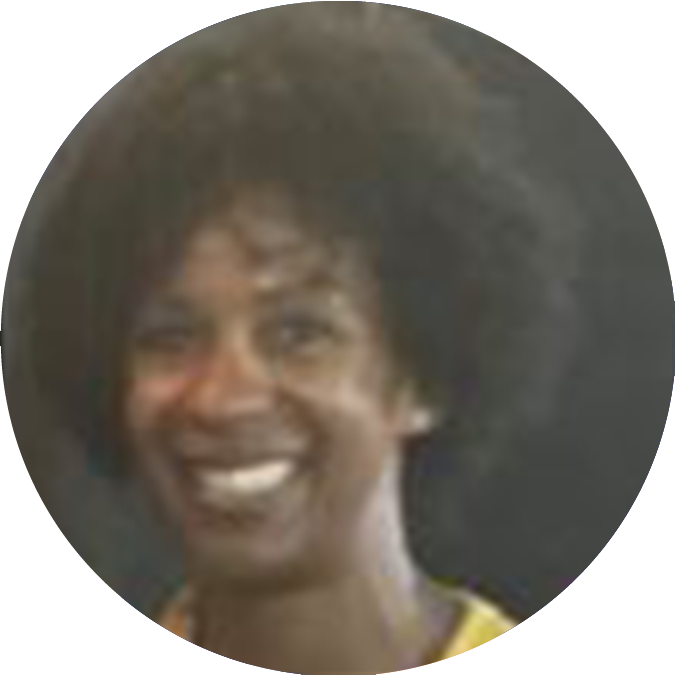
Nykeia Harris
Gold Country
I am Nykeia Harris. Project Director of Calaveras County Public Health – Tobacco Prevention Program. Originally, I am from Southern California (Inland Empire) and relocated to Northern California during Summer 2019. While residing in Southern California, I have received my Bachelors in Health Science and Masters in Public Health from California State University, Fullerton (both degrees from the same institution). I have been employed with my current role since March 2020. Since beginning my role in Calaveras County, I have heard some of the challenges in passing policy, but the trainings and skills I have learned over the past two years has equipped me with the tools in planning to make incremental changes. I am proud to serve the Calaveras youth and community in tobacco education and cessation.
My hobbies include fitness, baking, outdoor activities (i.e., hiking, camping) and traveling.
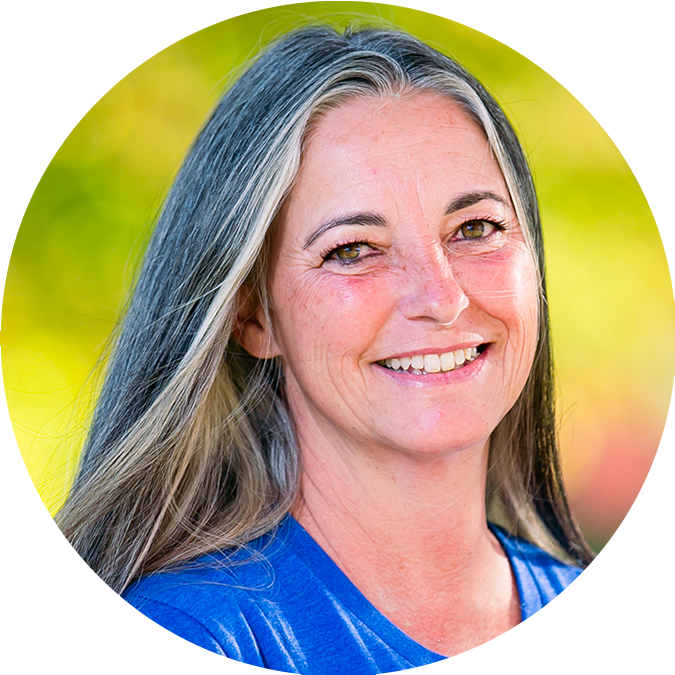
Tina Tyler-O’Shea
North Coast Region
Tina is the Executive Director of Blue Zones Project Mendocino County. Community wellbeing has been the mission of her last 19 years of work in Public Health, serving youth, children and families in partnership with community organizations and leaders to improve health conditions for low income and vulnerable populations. Tina holds a Bachelor in Arts, Liberal Studies from Sonoma State University, which she attained in her mid-forties. She has a lived experience with marginalized and under-resourced communities and the impact that policies, systems, and the environment has on personal choice.
Tina is an athlete, a mother, grandmother, wife, sister, aunt, great aunt, mentor, and loves the outdoors, fishing, gardening, cooking, and adventures.
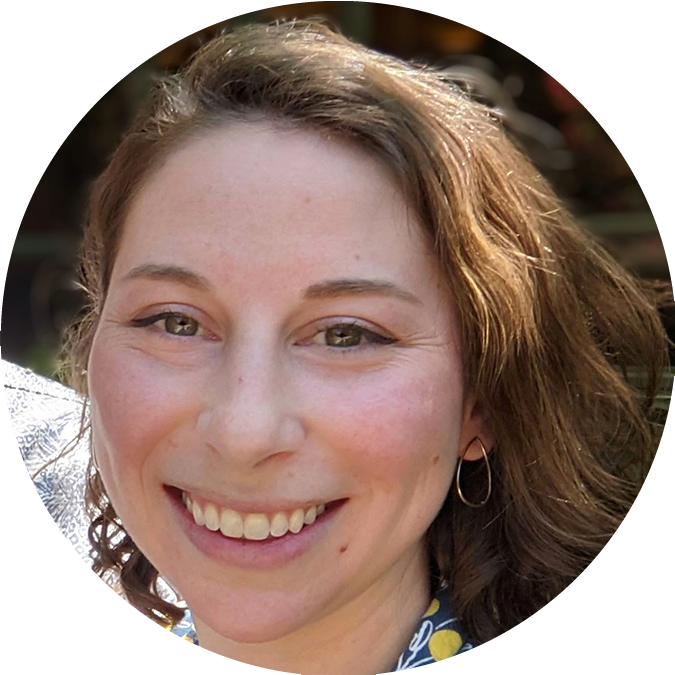
Holly Laird
Gold Country and North Valley Region
Holly Laird (she/her) is from the San Francisco Bay Area and has lived in the Central Valley and Gold Country Region for over 10 years. Holly currently works (remotely) as a federal contractor on CDC’s COVID-19 response as a Health Communications Specialist.
She started her career in public health as an AmeriCorps member serving in a community health center in the Central Valley. Her work focused on asthma prevention and tobacco control in South Merced. This experience motivated her to work in the tobacco control field on the local and state level on policy initiatives to reduce access to harmful products and exposure to secondhand smoke. Although Holly no longer works in the tobacco control field, she is thrilled to serve on RISE’s Advisory Committee and continue advocating for rural communities. Holly holds a Masters Degree in Public Health from the University of California, Davis.
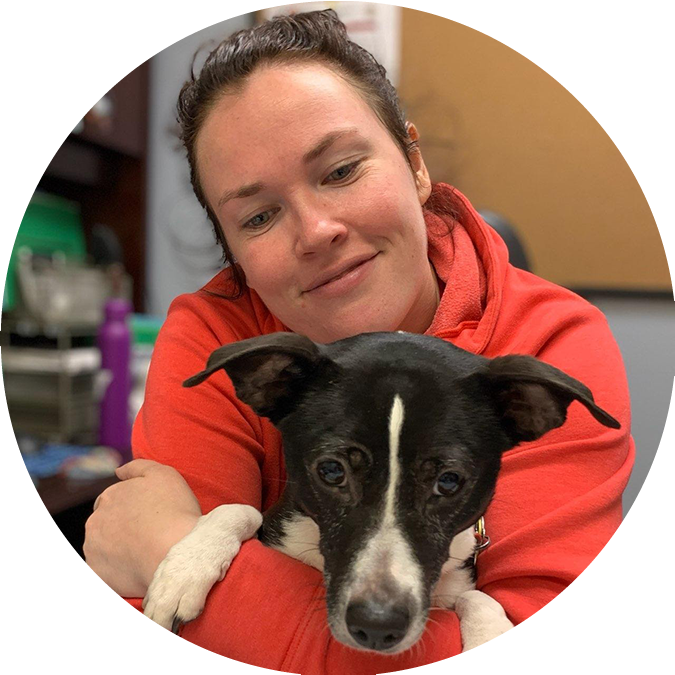
Rexanne Greenstreet
North Valley Region
Rexanne Greenstreet (she/her) was born and raised near Seattle, Washington. After receiving her Bachelor of Science in Community Health from Western Washington University, Rexanne continued on to a career in youth development and non-profit leadership. In 2018, she traded in rain and trees (which she loves) for surf and sun (which she also loves) and moved to San Diego, CA. When COVID-19 ushered in another round of life change and job loss, Rexanne used the unexpected shift to return to her passion – empowering and effecting change in communities to reduce health disparities. Rexanne joined the American Lung Association in Chico, CA in January of 2021 and quickly found her home as a self-proclaimed “public health policy nerd” in the tobacco control community. Outside of work you will usually find Rexanne near trees, listening to podcasts while baking, or talking incessantly about her dog, “Nug.”

Madison Bible
North Valley Region
Madison was raised in Redding. She is the Tobacco Program Coordinator for Shasta County Health and Human Services, Public Health-Tobacco Education Program.
She is a mother, wife, sister, and aunt. She loves spending time with her family, the outdoors, traveling, and adventures.
Madison holds a Bachelor of Science in Business Management and Entrepreneurship. She started her career working with Shasta County’s Resource Management in their Building Department. Here she learned about building codes and zoning ordinances. This experience motivated her to take on a more active role. Madison was promoted within Resource Management to their Environmental Health Department. Here she began learning about household hazardous waste, tire disposal, and recycling. The position opened her eyes to how common household items can be harmful to our health.
One day Madison was learning how cigarette butt waste was the number one littered item in environmental clean-ups. It sent her down a rabbit hole where she continued to research tobacco product waste and the damaging effects tobacco product waste has on our environment. She learned that vape and cigarette waste are classified as hazardous waste and subjected to special disposal requirements. She was dismayed to learn that despite these special disposal requirements, many communities are unequipped to dispose of them as required by the State and thus end up in landfills and as litter.
Little did she know that her time at Resource Management was preparing her for a position in tobacco control. Her time in Resource Management helped lay the perfect foundation for understanding zoning and municipal codes as well as just how prolific tobacco product waste is and the hurdles that are necessary for proper disposal.
She looks forward to continuing tobacco work and creating a safer community for her kids.
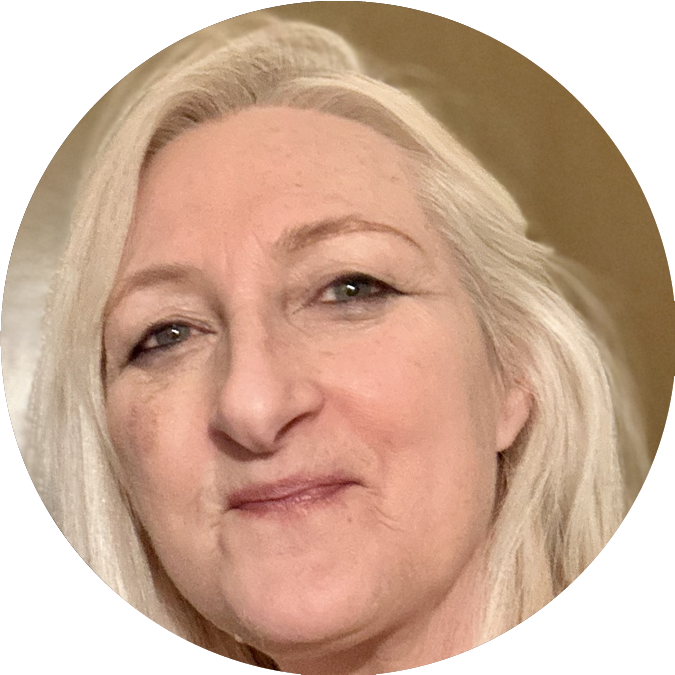
Karen Compton
North Coast Region
I have both lived in and been a newcomer in rural communities most of my life. I have seen various challenges and benefits in the rural way of life as well as with health and safety ordinances. After 8 combined years of managing and/or coordinating programs in substance use prevention and tobacco education, I have learned that there are underlying issues common to all rural communities regarding access, resources, and support. I have also learned that each community also has its own unique set of challenges and that it takes time to fully assess and understand each issue and social norm, and sometimes years to implement solutions in each particular community. I am now excited to work with the RISE team and share some of my lessons and observations toward furthering rural support in tobacco education and policy efforts.

Angelica Garcia
Central Valley Region
Angelica Garcia (she/her/hers) was raised in the city of Fresno, California. She is a Community Engagement Manager with The American Cancer Society Cancer Action Network (ACS CAN). She brings 10 years of experience in program development, advocacy, community organizing, and trauma-informed practices. Angelica is passionate about equity and transforming systems and policies that impact the most marginalized communities. In her free time, Angelica enjoys listening to podcasts, visiting beaches, and spending time with her family.

Alejandro “Alex” Ruvalcaba
North Coast Region
My name is Alejandro Ruvalcaba but I go by Alex (he/him/his). I was born and raised in Ukiah, CA (Mendocino County). I am the Tobacco Education Program Coordinator for Lake County Tribal Health Consortium. After about seven years working in the California Community College system, I wanted to be closer to family. I joined Lake County Tribal Health Consortium – Tobacco Education Program in October 2021. I received my AA/AS in Business and Sociology from Mendocino College. I hold a Bachelor’s in Business Administration and a Master’s in Business Administration both from the University of California, Riverside. In my free time, I enjoy spending time with my two pups, family, friends, nature and Netflix.
Statewide Coordinating Centers
RISE works with other statewide coordinating centers to help fight tobacco among the top priority populations and reduce tobacco related disparities across the entire state.

